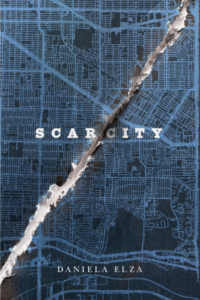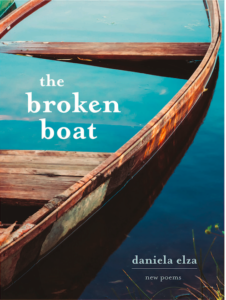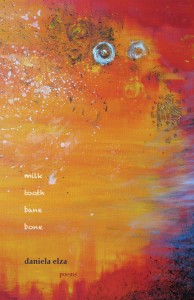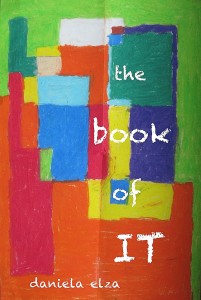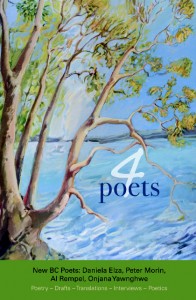where (is one) to locate “the writer”
Posted by Daniela Elza on Sep 13 2008
It is common to hear a writer express the idea that what they wrote felt as if it came through them, like they were the means but not the cause. Yet, they will readily sign their name on the work produced.
There is something very true to this sentiment which keeps being expressed. I do not think though that we should get spooked out and regard the writer as weird, or trying to make themselves look more interesting than they are. (Which also could be the case sometimes). I believe it has something to do with the nature of the process of writing.
In her book Negotiating with the Dead: A Writer on Writing, Margaret Atwood devotes a whole chapter to this sense of duplicity. She looks back into how we have inherited this notion. She begins the chapter with a few quotes one of which is by Nadine Gordimer, who says, “The tension between standing apart and being fully involved: that is what makes a writer.”
What is this feeling which seems to give us a sense that, “The mere act of writing splits the self in two.” (Atwood)
Incidentally, (although I do not think that was a chance occurance) yesterday I came across Einstein for the 21st century: His legacy in science art and modern culture on the new books shelf at the library. In the intro it says:
“The creative act produces just such a sentiment, a sense that, in the moment of significant writing, one is outside oneself, as if “taking dictation.” That externalism makes the creative act not so much one of supreme ego-enhancement but of its opposite. Einstein’s sense of a reduced self was part and parcel of a thoroughgoing engagement with the world.”
I feel this is closer to thinking about the act of significant writing. Somehow the moment we think of things as two, we tend to separate. If the writer has a double well, then what are their differences. Which one is the real one, the true, which one is authentic, and which one is made up? But Borges himself says in Borges and I, “I do not know which of us has written this page.” So despite the acknowledgement of the feeling of two, they are inseparable.
Robert Bringhurst in Poetry and Thinking says, “Composing a poem is a way of leaving the self behind and getting involved in something larger.”
So maybe this sense of duplicity is not so much a sense of being double, but the acknowledgement that there is a lot more we need to get to know. That the act of writing, creative and significant, is a way of finding out. That the self is actually a much smaller part of you, and there is that other center of a much bigger circle we aim for when we are in a moment of significant writing.
And just before the above quote by Bringhurst, (I am glad I went and reread the paragraph)
he says:
“Some people are led to writing of poetry— or to painting, dance, or music—on the promise to allow them to ‘express themselves.’ In so far as you are part of the older, richer, larger and more knowledgeable whole we call world, and in so far as you are a student or apprentice of that world, expressing yourself may be worth the time and trouble. But if it is really only your self that you are interested in, I venture to think that performing someone else’s poem—reciting it or reading it aloud—is likely better medicine than writing. Poetry, like science, is a way of finding out—by trying to state perceptively and clearly—what exists and what is going on. That is too much for the self to handle. That is why when you go to work for a poem, you give yourself away.”
Then follows the quote I mentioned earlier.
I believe there is something very write in this way of looking at it. Which means that maybe every writer, from time to time, should ask themselves two important questions. What is writing? And why do I write? Ok, I will stop here to give you a chance to answer those questions.
